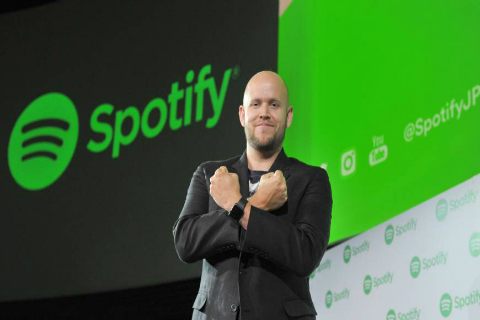Daniel Ek, the CEO of Spotify, was speaking at the invitation-only Code Conference which is an annual confluence of the biggest names from the digital technology ecosystem.
Speaking at the annual Code Conference, Daniel Ek, the CEO of Spotify, has admitted that the global music streaming giant was too ‘’ambiguous’’ about its Anti-Hate policy in the past. He further admitted that the company ‘’could have done a much better job’’ with its policy.
His latest statement means that Spotify would no longer promote music from any artist like R. Kelly who has been accused of sexual misconduct.
“The whole goal with this was to make sure that we didn’t have hate speech on the service. It was never about punishing one individual,” Ek told the audiences of the invitation-only Code Conference. “We rolled this out wrong and we could have done a much better job.”
Spotify announced earlier this month its decision to introduce a new policy on hateful conduct and hate speech. That policy would stop the streaming giant to promote music from artists who have been accused of sexual misconduct or those whose conduct has been deemed offensive.
While seemingly carried out in good faith, Spotify’s move earned it the ire of some users even though the content of Kelly was still accessible on the platform. Responding to the backlash, EK reiterated that all the company wanted to be ‘’was just transparent’’.
While Spotify earned a massive $1.36billion in revenue in the first quarter of this year, it is facing increasing competition from YouTube and Apple. Both these tech giants have started offering their music streaming services, with a 2-year-old Apple Music boasting 50-million members, both paid and free.
In comparison, Spotify has 170-million members, 75million of which are paid subscribers to the platform. YouTube, on the other hand, has only recently launched a revamped YouTube Music app.
Therefore, even though both the companies are making strong progress – and with both having deeper pockets that Spotify – as things stand, both Apple and YouTube have to go a long way before they can dethrone Spotify from its world leadership of streaming music.
